Grouse imperial: description, varieties, planting and care features
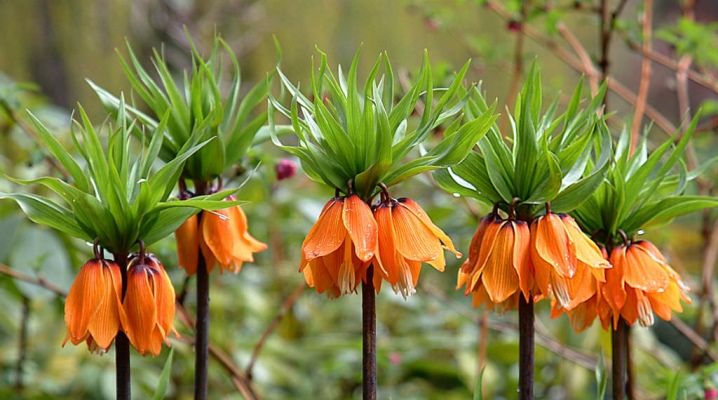
Nowadays, it is not difficult to become the owner of a beautiful personal plot. The wide variety of flowering plants allows you to easily arrange the flower bed according to your own preferences. A frequent inhabitant of summer cottages and gardens is the royal hazel grouse, which not only has an attractive appearance, but also does not create problems when planting and leaving.
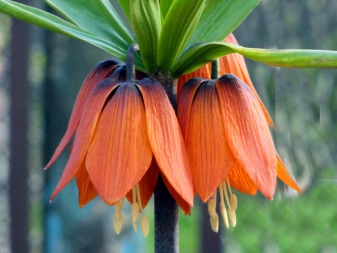
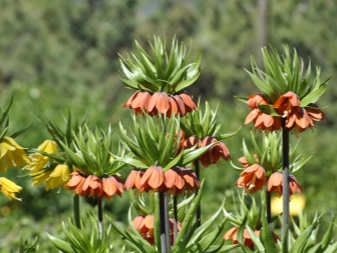
Description
The imperial or royal hazel grouse is a beautiful, majestic representative of the flora, which involuntarily attracts the attention of others. The second name of the culture is the Tsar's crown, it looks like a small tree, similar to a palm tree, with beautiful flowers and scales. The bulbous plant belongs to the lily family. Its flowers bear a resemblance to bells.
The stem of Fritillaria imperialis can reach a height of 150 centimeters. The buds are colored in a red, yellow or orange palette. During the flowering phase, a long stem with 5-7 flowers is formed. The foliage of the Tsar's crown is large, broadly lanceolate, reaching 20 cm in length. The lower row of leaves is larger than the upper one.
The bulbs of this plant are spherical and smell like garlic. After the petals fall off, you can see seed pods instead of flowers.
Under natural conditions, this culture grows in Afghanistan, Iran, in the east of the Himalayan mountains.
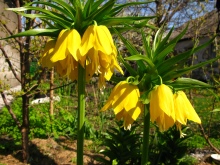
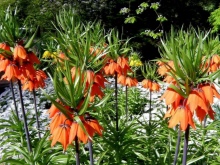
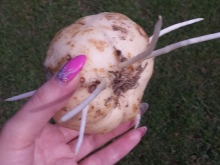
Varieties
The work of breeders has contributed to the fact that at present, flower growers can plant various varieties of royal hazel grouse on their plots.
"Aurora"
Unusual plant, able to become a decoration of any flower garden... The flowers of the culture are composed of golden, golden-orange petals. The inflorescence of the plant looks like a chandelier. The flora, undemanding to the soil, is decorated with lush green foliage.
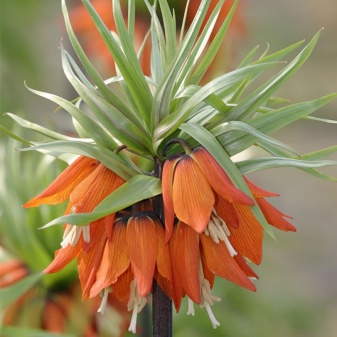
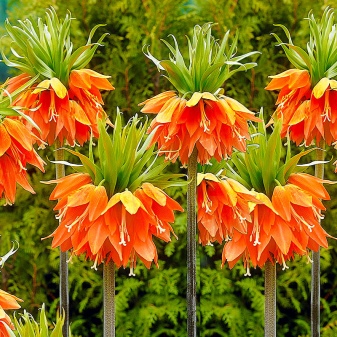
"Rubra"
The imperial hazel grouse of the Rubra variety can be recognized by its dark brown and burgundy colors. This is a medium-sized culture up to half a meter high.
Rubra Maxima can be attributed to tall, which grows up to 2 meters in favorable conditions for it.
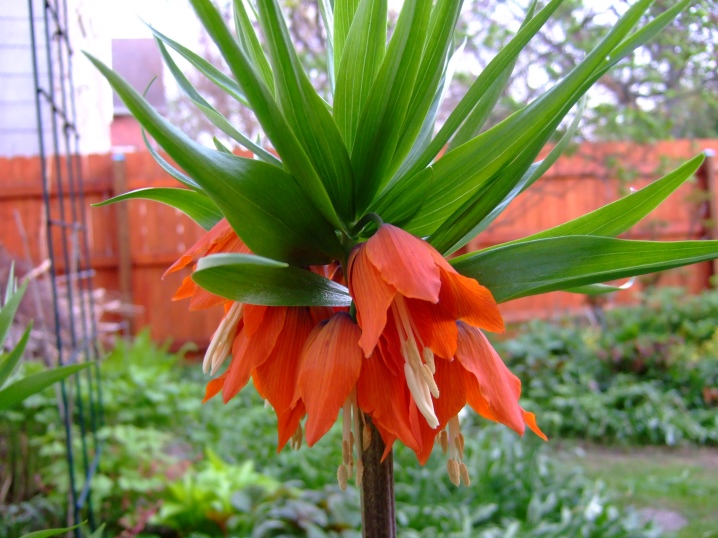
"Lutea"
"Lutea" has large yellow flowers with a diameter of 6 centimeters. The inflorescence usually contains from 5 to 8 flowers. The culture reaches a height of 100 centimeters. The "Lutea" variety blooms in mid-May.
This hazel grouse looks great next to tulips.
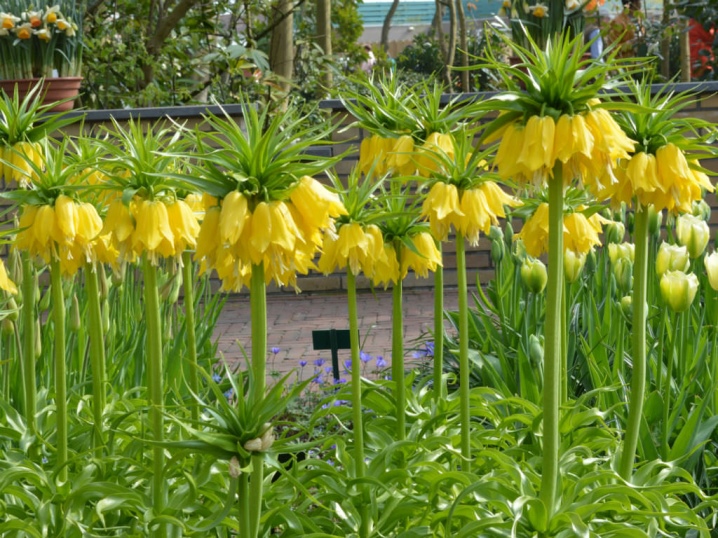
"Strip Beauty"
Imperial hazel grouse variety "Strip Beauty" blooms in April, he is considered the earliest of his relatives... The flower petals of the culture are yellow-canary-colored. They are characterized by the presence of dark shading on the inner and outer surfaces of the bud. The height of the garden flora does not exceed 1 meter.
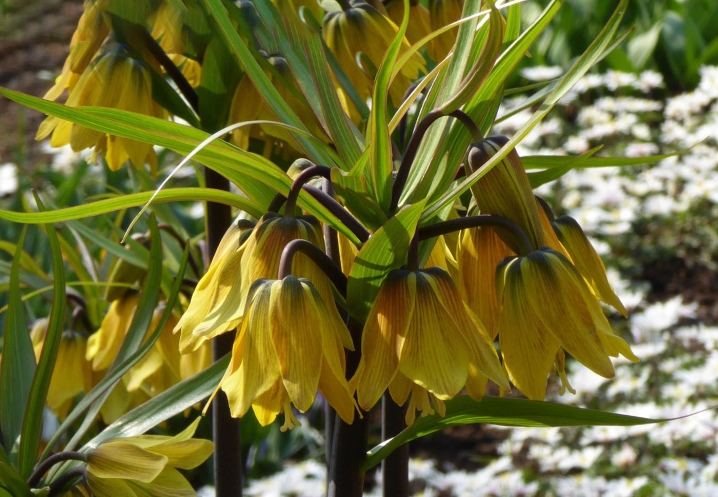
"Raddeana"
This tall variety of royal hazel grouse can reach a height of 150 centimeters. Among all the types of the Tsar's crown, this one is more hardy than the rest. In the peduncle of the culture there are 7 flowers with a creamy white color. Grouse blooms for 14 days.
It can withstand short frosts, so it is planted in early spring.
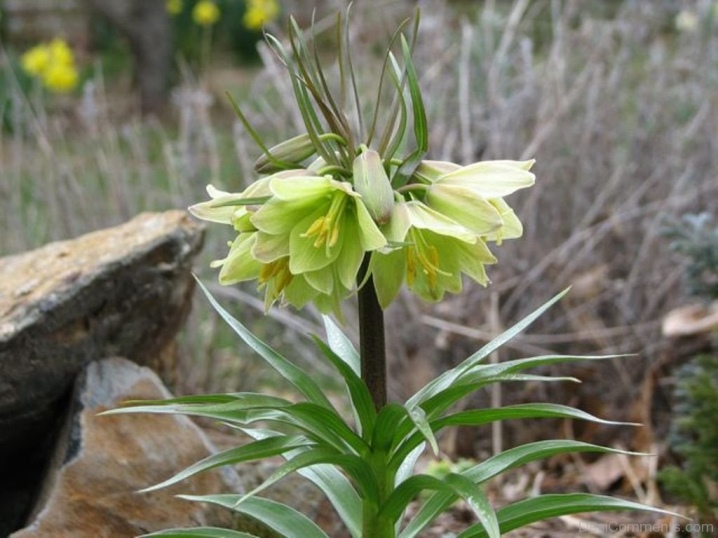
Landing
If you wish, acquire a bright and beautiful representative of the flora on your site it is worth choosing in advance a high-quality planting material of the royal hazel grouse.
Timing
Provided that the seedlings are purchased from a store, they are stored in a dry, well-ventilated area before being planted in open ground.Usually planting is carried out in the fall, September is considered the optimal time. If the planting time needs to be postponed, then the bulbs are determined in moist soil and placed in the refrigerator.
However, flower growers should remember that postponed planting dates may cause the lack of flowering.
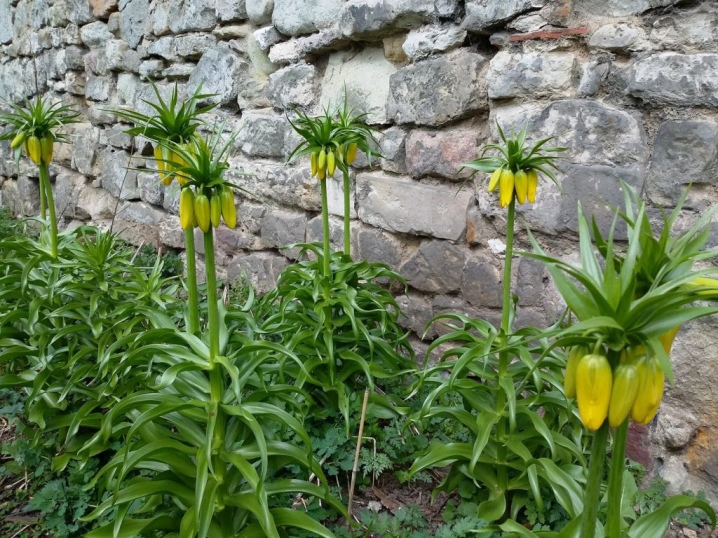
Choosing a place and bulbs
When choosing a planting material, it is worth considering the following points:
- the bulb should be at least 4 centimeters in diameter and weigh from 500 to 1000 grams;
- the shape of the material for planting according to the rules should be in the form of a flattened ball;
- on the shell of the bulb should not be visible damage, traces of mold, cracks;
- dry roots or stems are acceptable.
In addition to knowing the correct choice of planting material, the florist should be aware of how deep to plant, at what distance and how to transplant the bulbs of the Tsar's crown. Among other things, the choice of a planting site plays an important role in the normal growth and development of a culture.
The best for the royal hazel grouse is considered to be a site well lit by the sun. However, it should be remembered that in the evening, the sun's rays should not fall on the culture, since at this time of day it is sensitive to burns.
It is recommended to make supports near the plantations, which serve as protection from the wind.
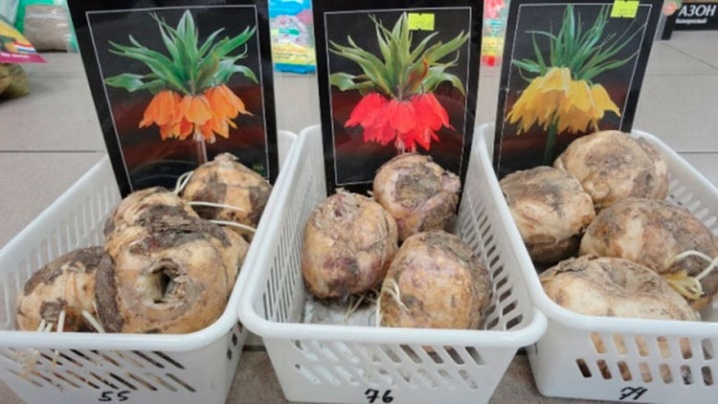
Gardening tips will help you to plant the plant correctly:
- planting the bulbs on a flower bed, while mulching the soil is only worthwhile in the autumn, before frosts come;
- it is worth being careful with planting material, since it can be easily damaged during planting;
- the depth of the hole for planting the Tsar's crown should be 12 centimeters, but if the variety is undersized, then 8 centimeters will be enough;
- it is worth planting a culture in a light, nutritious soil with a mixture of peat.
Stages of planting royal hazel grouse:
- treatment of planting material with strong potassium permanganate or fungicides;
- preparation of holes for future planting;
- laying out the drainage bottom layer;
- adding a teaspoon of fertilizer;
- placing the planting material in the hole with the root system down, filling it with soil;
- watering the land and mulching.
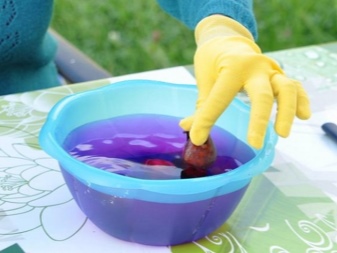
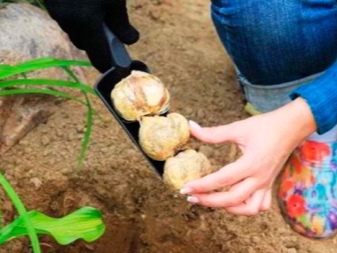
Care features
Royal hazel grouses are classified as unpretentious vegetation, but if you do not take care of them, you can not wait for the flowers to appear.
Watering
Royal crown do not like excessively moist soil. This is due to the rapid decay of the culture bulbs. Irrigation of royal hazel grouse should be done infrequently, usually only on dry and hot days. This flora representative easily survives drought and lack of rainfall.
In the summer, when there is no rain, and the air temperature is high for a long time, watering can be carried out once every 7 days, while 3 liters of liquid is enough for one crop.
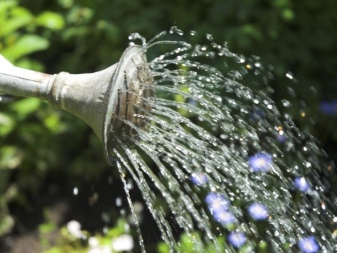
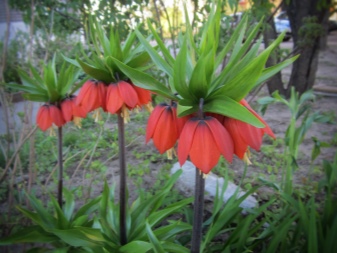
Top dressing
The first fertilization should be done in the fall, before the bulbs are planted in the ground. It is worth adding rotted humus to the ground, namely: 1/2 part of a bucket of organic quail... In the spring season, before the plants begin to bloom, they are fed with ammonium nitrate. To replenish the soil under one crop, it is worth diluting from 5 to 10 grams of nitrogenous substance in 3 liters of water.
During flowering, the Royal Crown should be fed properly. To do this, it should be fertilized with superphosphates or potassium-based nitrate. Alternatively, you can use ready-made commercial fertilizer, which contains all the necessary complex of minerals.
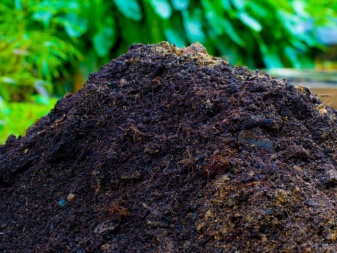
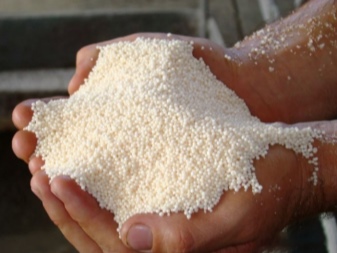
Preparing for winter
According to experts, in the spring, near the trunk circle of the imperial hazel grouse, it is worth making a layer of mulch. Mulching prevents the spread of weeds. Before wintering, the bulbs in the ground must be covered with dry leaves or a layer of sand and peat. The best option for shelter is considered spruce branches, reeds and straw.
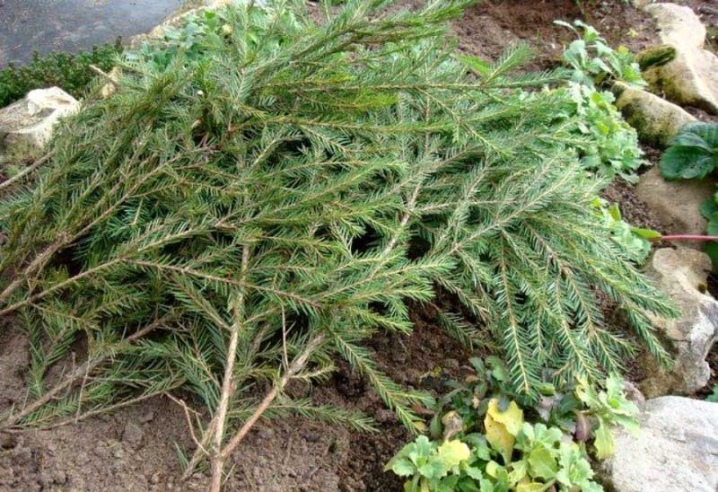
Some growers have been growing hazel grouses in one area for 3 years. However, the opinion of some gardeners that it is necessary to dig out the planting material every year for processing, is correct. This is due to the fact that in the summer after flowering there is a high risk of contracting a fungal infection, which leads to rotting of the bulbs.
Digging is worth doing after the leaves and stem of the Tsar's crown have dried. The planting material should be thoroughly dried, and films and substrate residues should be eliminated on it. Damaged parts of the bulbs are cut and processed with the help of "Fundazol", wood ash.
Before storing planting material in winter, it should be soaked in the working solution of "Maxim" or potassium permanganate. The next step is to re-dry the bulbs and store them in the sand.
Planting material of hazel grouse should be stored until March or August, if necessary, autumn planting. The insulation layer is removed at the end of February to avoid rotting away.
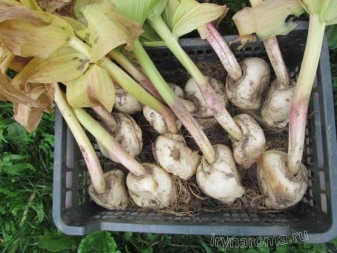
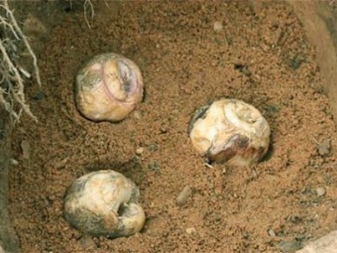
Reproduction methods
You can propagate the Tsar's crown at home in order to grow an attractive garden plant from it using seeds and bulbs.
Seminal
To start growing royal hazel grouse on your site, you should buy ready-made seeds for a start or cook them yourself. The landing procedure consists of the following steps:
- after self-collecting seeds from dried bolls, they are sown in open ground to a depth of 1 centimeter;
- plantings should be sprinkled with peat 2 centimeters thick.
By next year, the grower should expect the emergence of seedlings. The royal crown, which is grown from seeds, blooms by 3-4 years of age. Unfortunately, not all hazel grouses survive, some of them rot.
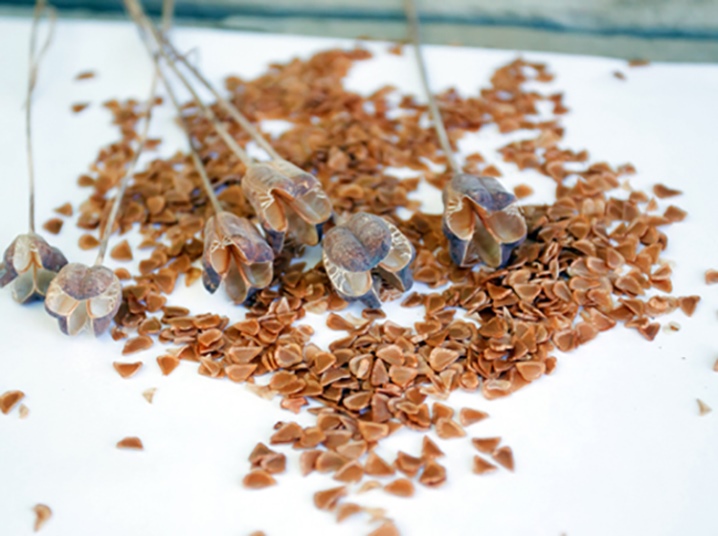
Vegetative
After the end of the flowering phase of the grower it is possible to propagate the royal hazel grouse with bulbs. At this time, the culture already has a mother bulb with several children. The planting material is carefully dug out of the ground, cleaned and dried. After 2 weeks, the babies should be separated from the mother's bulb, and the slices should be treated with potassium permanganate.
For several years, the bulbs should be grown. In the first years, they will not be able to bloom, as they will increase the mass. The mother bulb can also be divided into 2 halves, after which each can be planted in a separate hole. Such planting material can bloom by next spring. Throughout the summer, the bulbs are dried, and at the end of August they are buried in the ground. to a depth of 30 centimeters.
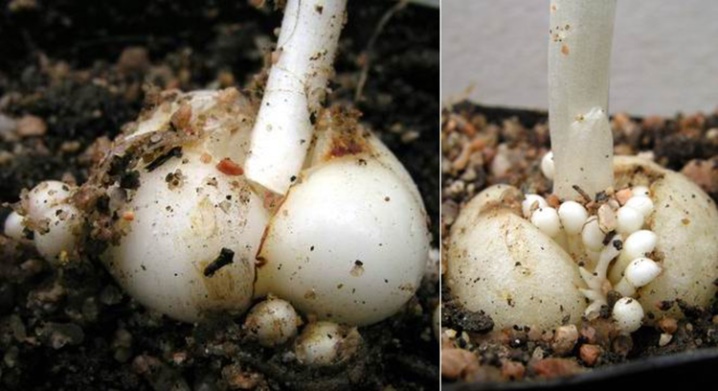
Diseases and pests
According to the reviews of experienced flower growers, the Tsar's crown shows resistance to pest attacks. However, there are parasitic insects that the plant cannot cope with.
- Lily cracker. The pest looks like a small beetle with a red body and a black head. Crackers cause great harm to the plant. To rid the imperial hazel grouse of this parasite, the flowers are thoroughly washed with soapy water or chemicals. Good efficiency in the fight against insects was shown by "Fitoferm", as well as "Bitoxibacillin", which should be sprayed on the culture twice a day every 3 weeks.
- Medvedka, root mite. These insects gnaw the bulbs of the plant, after which they do not grow. To help the Tsar's crown, it is worth applying "Fundazol", "Karbofos" to its affected areas.
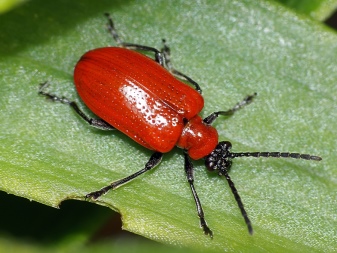
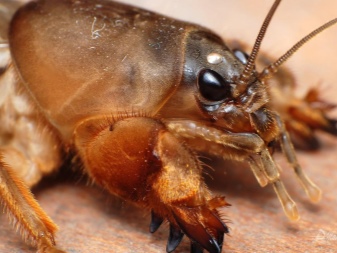
A common ailment of hazel grouse can be called rust, which attacks the foliage of a plant by the appearance of spots on their outside. The affected foliage of the flower should be removed, then sprayed with fungicides.
As the experience of flower growers has shown, the royal hazel grouse is ill infrequently. To prevent all kinds of ailments of culture, it is worth taking care of it correctly, not carrying out frequent and abundant watering, and also fertilizing it correctly.
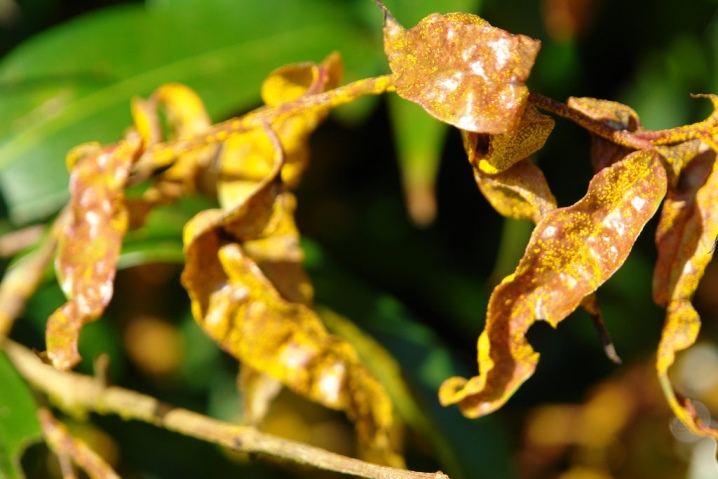
Use in landscape design
Royal hazel grouses look beautiful when decorating the territory. Low-growing varieties are a profitable option for alpine slides and rockeries. Tall Tsar's crowns create a unique effect when adjacent to other rockery flowers, as well as when combining various bulbous plants. This crop can be planted in small groups in a container or on a lawn.
Any landscape design in which hazel grouses are present will look bright and interesting. You can combine perennial vegetation with them, as well as tulips and daffodils. The imperial hazel grouse is a potent crop that can be used for park design. The royal crown will be appropriate in the country if there is enough space for planting it.
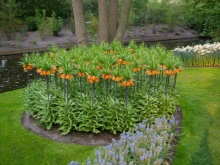
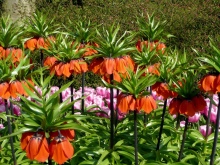
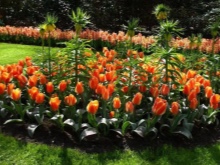
The royal hazel grouse is a garden prince characterized by the gracefulness and extraordinary beauty of flowers. Without this representative of the flora, it is difficult to imagine interesting rock gardens, specimen plantings, mixborders. Wherever this garden flower is planted, he will definitely decorate the territory with his presence, especially if it is grown with love.
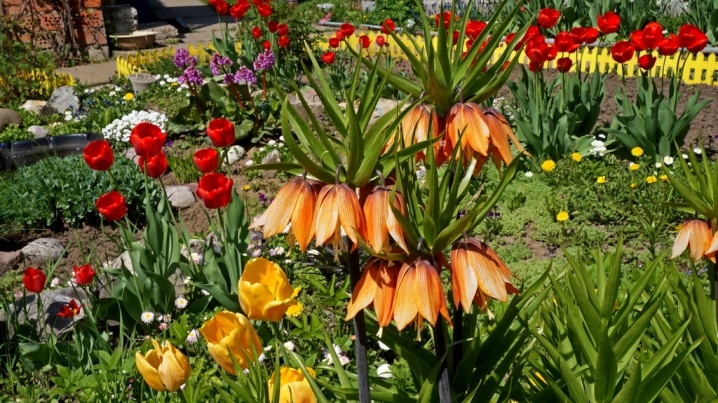
For more information on growing imperial hazel grouse, see the next video.





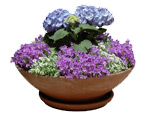
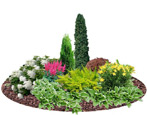
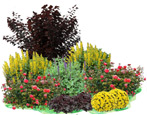


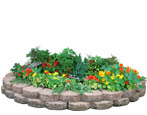
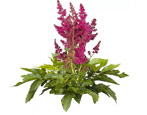


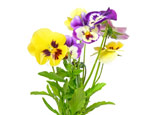

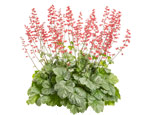

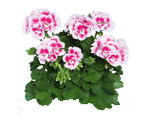




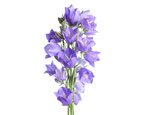
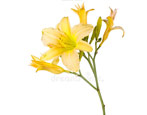
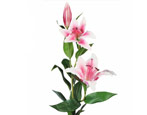
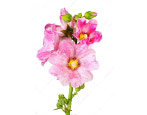


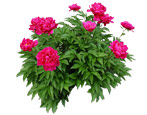
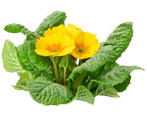
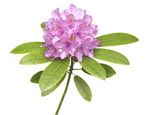


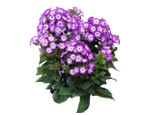
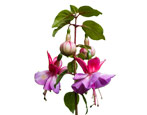

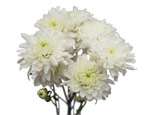
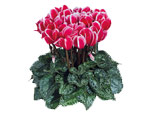



























































The comment was sent successfully.